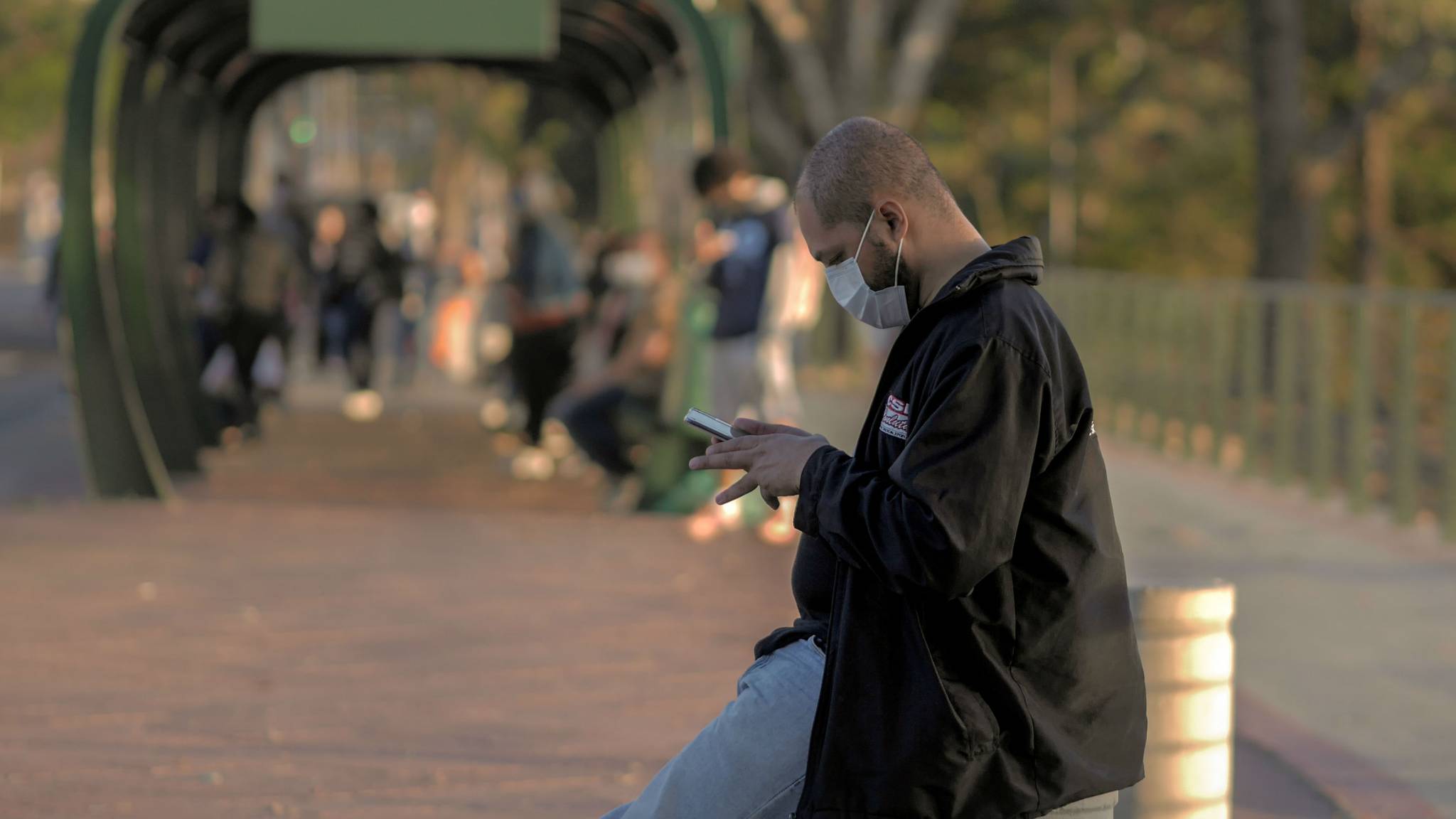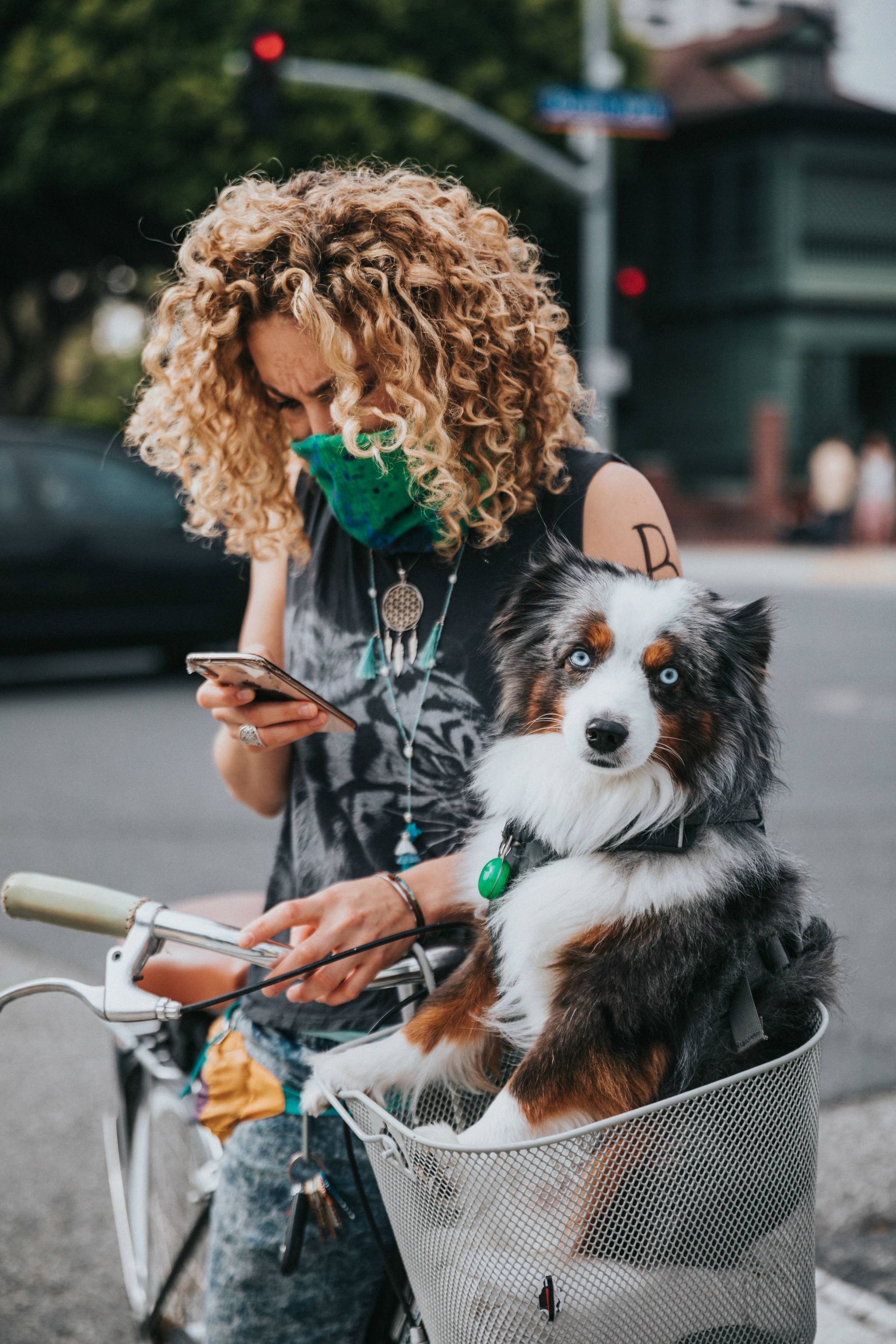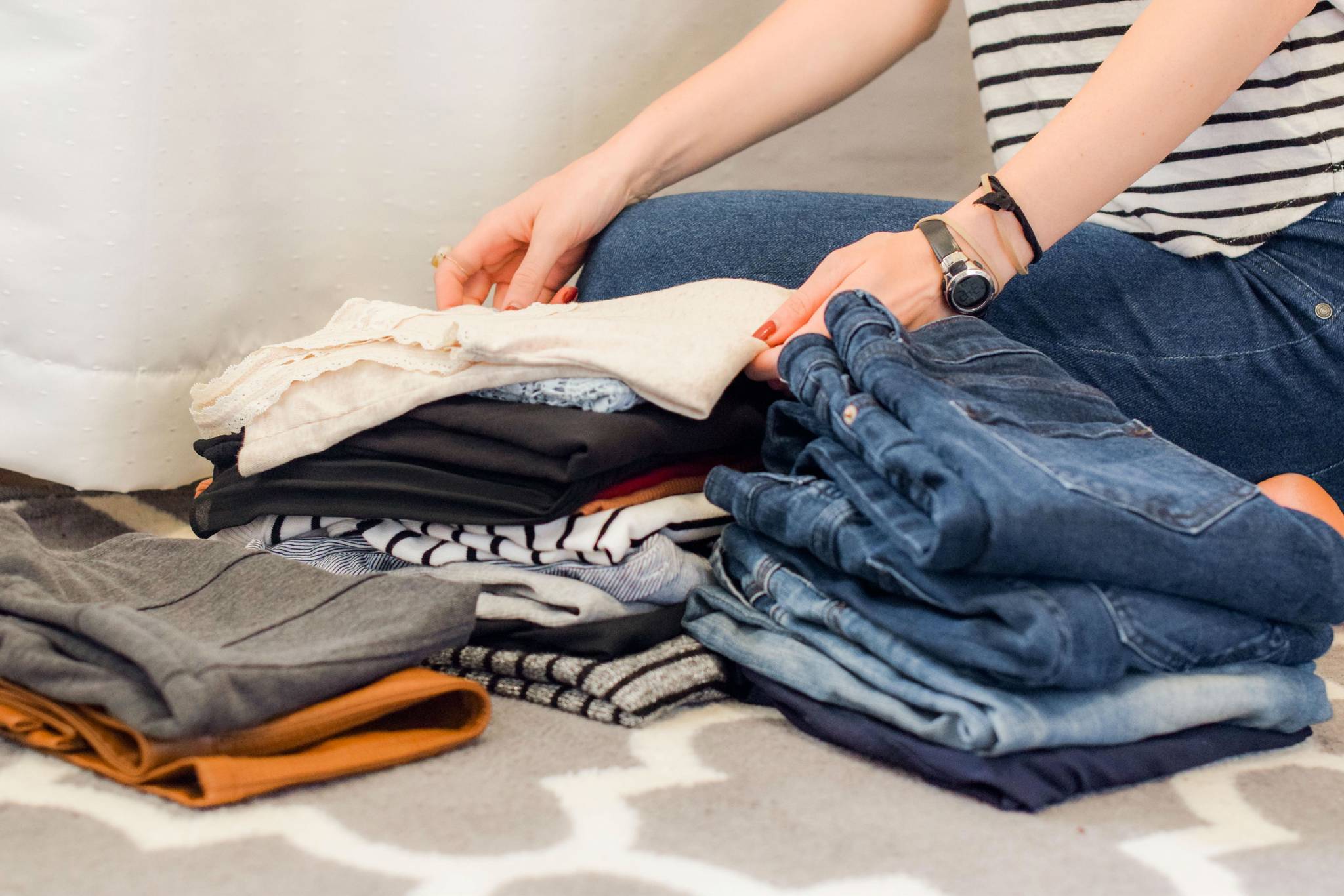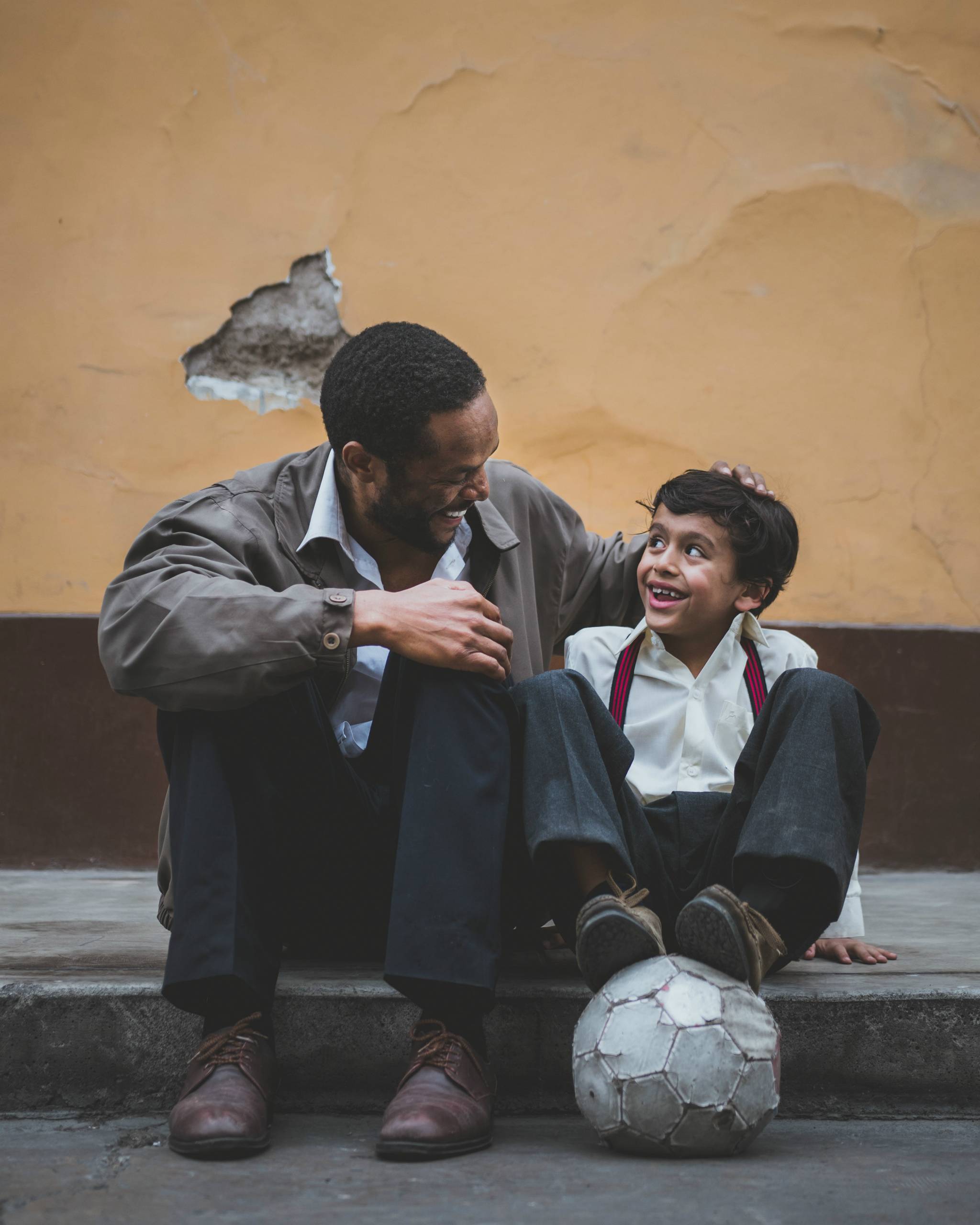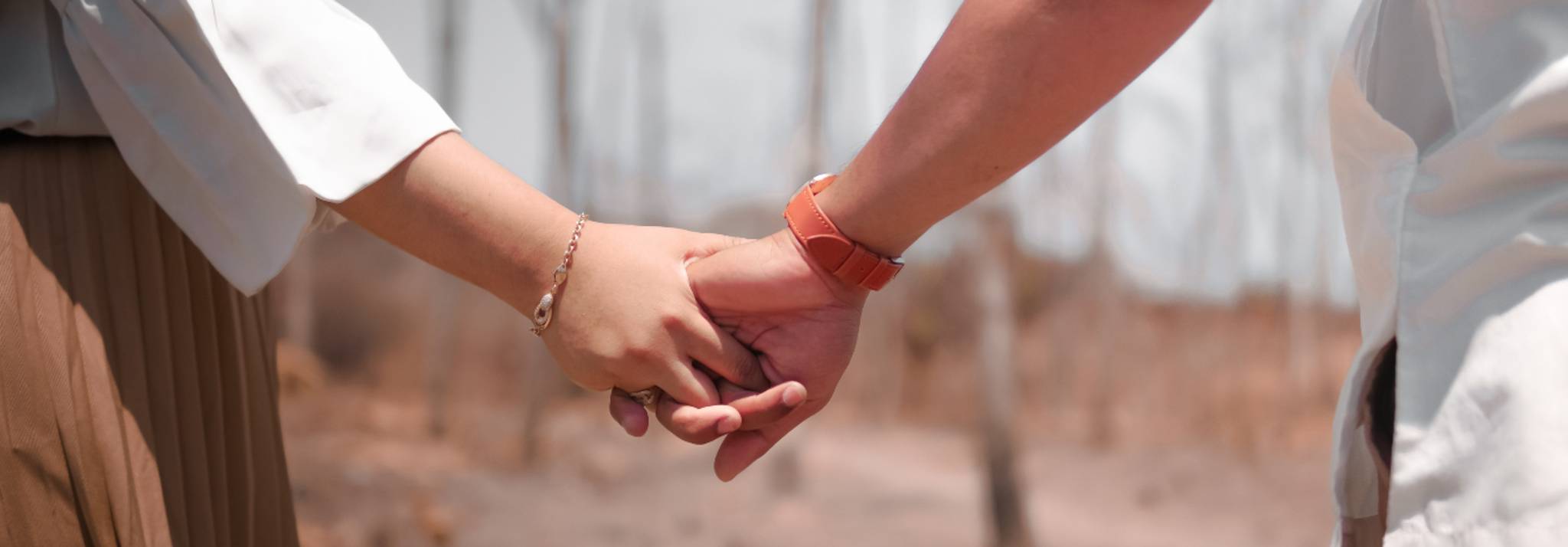
Seeking connection and looking to give back has been a priority for many during the pandemic. For philanthropic individuals in the US, this is no different. We explore the insights behind the charitable donors bringing their annual giving forward in response to the devastating impact of COVID-19.
According to reports from Fidelity Charitable, a charity that manages the US’s largest donor-advised fund, and public awareness initiative Community Foundation, grantmaking in the US has surged in response to COVID-19. Fidelity Charitable works to maximize the impact of individual donations and support how funds are distributed. According to its research, donations are up 28% from 2019, and donations to food banks and other food assistance programs are up 667%. “Despite the economic environment, all the uncertainty at a personal level, people looked outside of themselves and gave to charity,” says Pamela Norley, president of Fidelity Charitable.

Charitable giving is very much in demand; in the US, 26% of Americans say they or someone they know has had to skip meals or use food bank services during the pandemic. To help people give back to their communities, social media platforms – TikTok, for example – are simplifying donations via in-app features. While much of the focus of charitable giving has been connected to health and economic support, people have also sought to bolster their local communities and favorite restaurants, a reflection of the desire to connect with others and safeguard those institutions that represent normality. As well as supporting others, economic uncertainty has pushed people to reconsider their personal finances moving forward and plan for further potential disruption.
Ellie Barber is a senior behavioural analyst at Canvas8. She has worked across the UK, US, Europe and Asia to unpick consumer behaviour for some of the world’s largest brands - finding herself on rooftops with Russian teenagers and eating hot pot with Shanghai’s streetwear community. When she’s not doing that, you can find her singing at weekly choir practises or attempting Ottolenghi recipes.
